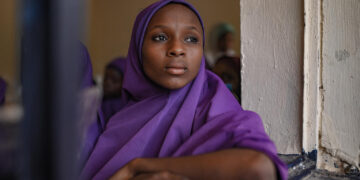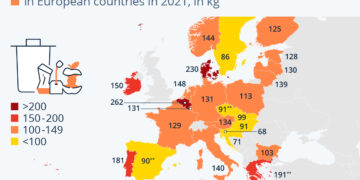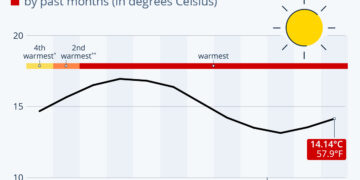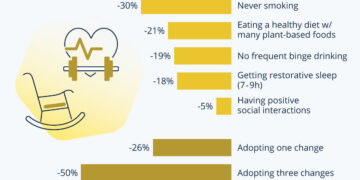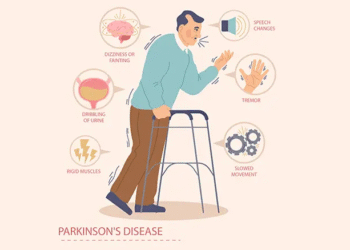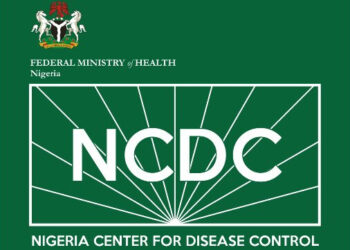by Dr. Blen Mamo Gebresilassie, MD.
Neurologist, Neuroinfectious Diseases Clinical Research Fellow at Columbia University under the guidance of Dr. Kiran Thakur
Vaccines are one of medicine’s greatest success stories. In the realm of public health, few interventions have had as profound an impact as vaccines. These biological shields have saved countless lives and prevented a wide array of illnesses. The success story of smallpox and polio eradication stands as a testament to the power of vaccines in saving lives. Moreover, the impact of vaccines goes beyond childhood illnesses with ongoing successes in new vaccine development. Research on new vaccines for diseases like Japanese Encephalitis, which is a major cause of Encephalitis in Asia, offers hope for the future. As we navigate the complexities of global health, understanding the role of vaccines in combating countless devastating diseases becomes increasingly paramount.
Despite the undeniable success of vaccines, challenges remain. In developed nations, complacency and vaccine hesitancy are growing concerns. Despite the debunking of vaccine myths through scientific research, such as vaccines causing autism or containing harmful ingredients, and the misconception that natural immunity suffices leading to refusal and delayed vaccinations, and potential outbreaks. While vaccination rates are high in developed nations disparities remain, particularly in low and middle-income countries (LMICs), leaving many vulnerable to preventable diseases and associated complications. The impact goes beyond health, affecting social and economic growth. In LMICs like my country, Ethiopia, developing strong vaccination programs faces a double threat; while vaccine hesitancy due to misinformation is a concern, the lack of resources remains the biggest hurdle, denying numerous individuals the shield of vaccination.
I have witnessed firsthand the devastating consequences of vaccine-preventable neurological illness. A year ago, a patient afflicted with leukemia presented with an intractable seizure, ultimately succumbing to measles encephalitis. A review of her medical history revealed no record of childhood vaccinations. The realization that this tragedy could have been averted with a timely two doses of MMR vaccination left me deeply shaken and instilled a profound sense of responsibility to prevent similar outcomes.
The experience of tracking her case has sparked a deep interest in understanding the challenges and gaps in achieving better vaccination coverage, as well as in comprehending vaccine-preventable conditions. It was with this motivation that I joined Columbia University’s Neuroinfectious Diseases research team; to contribute to bridging these critical knowledge gaps. This involvement has provided valuable insights into understanding neuroinfections, a crucial aspect in developing more effective preventive strategies. One of the key areas we focus on is understanding the long-term consequences of vaccine-preventable infections on the nervous system. My journey from witnessing the heartbreaking effects of vaccine-preventable neurological diseases to joining the fight against them has been rewarding. Through continued research, innovation, and global cooperation we can create a future where complications from vaccine-preventable diseases become a thing of the past.
I call upon everyone to commit to working together, locally and globally, to overcome challenges and strengthen vaccination programs. By bridging knowledge gaps, dispelling myths, advocating for stronger healthcare systems and equitable vaccine access we can safeguard countless lives, and build a healthier, more resilient future for generations to come. By prioritizing vaccination programs, we can not only protect individuals from devastating illnesses like preventable types of encephalitis but also free up valuable healthcare resources. This strategy enables healthcare systems to redirect their focus toward researching, treating, and managing a range of health conditions, leading to improved overall health outcomes.


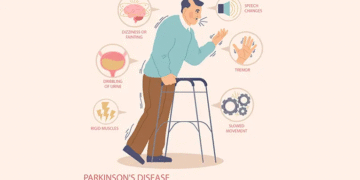


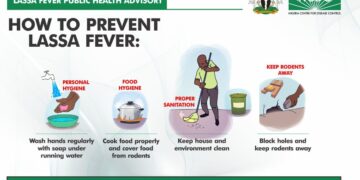



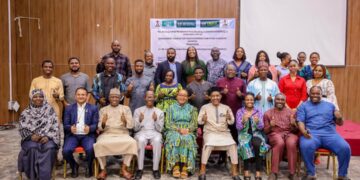



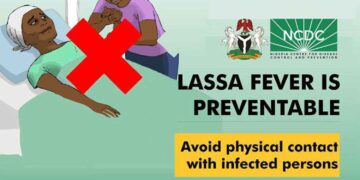




![Antimicrobial Resistance [AMR] in Hausa](https://healthtoday.com.ng/wp-content/uploads/2024/02/antimicrobial-resistance-AMR--360x180.jpeg)


